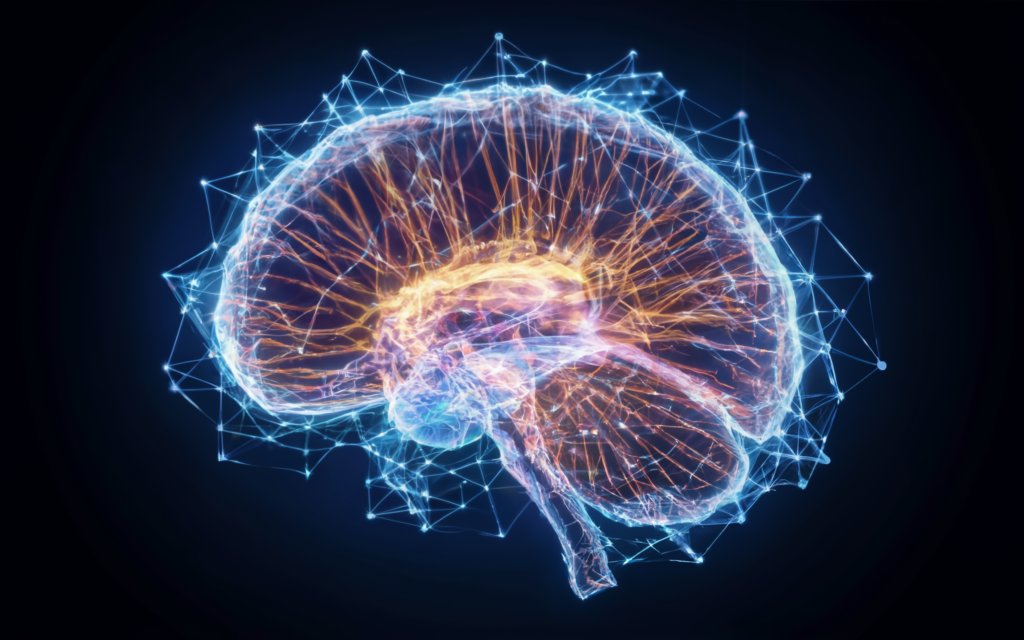
Neurology is the branch of medicine that deals with the anatomy, functions, and disorders of the brain, spinal cord, and peripheral nerves. This vital field aims to understand complex neurological conditions that can significantly impact an individual’s quality of life. From headaches and migraines to complex disorders like epilepsy and Parkinson’s disease, neurology plays a central role in diagnosing, treating, and understanding these conditions. In this article, we’ll explore some fundamental aspects of neurology, including common neurological conditions, the significance of neurological health, diagnostic methods, and potential treatment options.
What is Neurology and Why Is It Important?
Neurology focuses on the nervous system, which includes the brain, spinal cord, and peripheral nerves that reach throughout the body. This intricate network controls nearly every function of the body, from movement and sensation to thought processes and emotions. When any part of the nervous system is disrupted, it can lead to neurological disorders that affect physical, mental, and cognitive health.
Neurology is critical because it addresses these complex conditions, offering insight into how they develop and progress. Understanding neurology also allows for the development of advanced treatments and preventive measures for debilitating conditions, improving quality of life for individuals with neurological issues.
Common Neurological Conditions
There are a wide variety of neurological conditions, each with its own set of symptoms, causes, and treatment approaches. Here are some of the most common neurological disorders that affect millions worldwide:
- Migraines and Headaches: These are among the most prevalent neurological issues, affecting people of all ages. Migraines are often accompanied by nausea, sensitivity to light, and severe, throbbing pain, which can be debilitating. Neurologists work to identify migraine triggers and prescribe treatments to manage these symptoms.
- Epilepsy: This chronic disorder causes recurrent seizures due to abnormal electrical activity in the brain. Epilepsy is typically managed with medication, but in some cases, surgery may be necessary to control seizure activity.
- Parkinson’s Disease: This progressive disorder primarily affects movement, causing tremors, stiffness, and difficulty with balance and coordination. Parkinson’s disease is associated with the loss of dopamine-producing neurons in the brain. Although there is no cure, treatment options like medication and physical therapy can help manage symptoms.
- Multiple Sclerosis (MS): MS is an autoimmune disorder where the immune system attacks the protective covering of nerves, leading to communication problems between the brain and body. Symptoms may include fatigue, muscle weakness, and difficulty with coordination. Neurologists often recommend a combination of medication and lifestyle changes to slow the progression of the disease.
- Alzheimer’s Disease and Dementia: Alzheimer’s disease is the most common form of dementia, characterized by memory loss, confusion, and impaired cognitive abilities. Although the exact cause is unknown, treatments aim to slow cognitive decline and improve quality of life for patients.
Signs and Symptoms of Neurological Disorders
Neurological symptoms vary widely depending on the specific condition and the part of the nervous system affected. Some general signs to watch for include:
- Chronic headaches or migraines that interfere with daily life
- Memory loss or confusion, which may signal early dementia
- Seizures or convulsions, as seen in epilepsy
- Muscle weakness or numbness that affects mobility or sensation
- Tremors or difficulty with balance and coordination, which may indicate Parkinson’s disease
- Mood changes, such as depression or anxiety, which are often linked to neurological conditions
If these symptoms persist, it’s important to consult a healthcare professional. Early diagnosis and intervention can often make a significant difference in managing and treating neurological conditions.
Diagnostic Techniques in Neurology
Neurologists use various diagnostic techniques to assess the nervous system and identify neurological disorders:
- MRI and CT scans: These imaging tests provide detailed pictures of the brain and spinal cord, helping detect issues like tumors, strokes, or structural abnormalities.
- Electroencephalography (EEG): EEG measures electrical activity in the brain and is commonly used to diagnose epilepsy and monitor brain function.
- Nerve Conduction Studies and Electromyography (EMG): These tests measure nerve and muscle function, helping diagnose conditions like peripheral neuropathy or muscular dystrophy.
- Cerebrospinal Fluid Analysis: This test involves collecting a sample of cerebrospinal fluid to check for infections or other abnormalities that may affect the brain and spinal cord.
These diagnostic tools provide neurologists with vital information about a patient’s condition, allowing for accurate diagnosis and treatment planning.
Treatment Options for Neurological Disorders
Treating neurological disorders involves a multidisciplinary approach, as each condition requires specialized care. Common treatment options include:
- Medication: Many neurological disorders, such as epilepsy, migraines, and Parkinson’s disease, can be managed effectively with medication to control symptoms and reduce complications.
- Physical and Occupational Therapy: For conditions that affect movement and coordination, such as multiple sclerosis and Parkinson’s, physical therapy can improve strength and flexibility. Occupational therapy helps individuals adapt to daily activities despite physical limitations.
- Surgical Options: In severe cases, surgery may be necessary to relieve pressure, remove tumors, or address conditions like epilepsy that don’t respond to medication.
- Lifestyle Adjustments and Support: Making lifestyle changes, such as adopting a healthy diet, managing stress, and ensuring adequate sleep, can positively impact neurological health. Support groups and mental health resources are also beneficial for patients and families dealing with chronic neurological conditions.
Maintaining Neurological Health and Prevention Tips
While some neurological disorders are genetic or difficult to prevent, there are ways to maintain neurological health and lower the risk of certain conditions:
- Regular Exercise: Physical activity improves blood flow to the brain, boosts mental health, and reduces the risk of conditions like stroke.
- Balanced Diet: A diet rich in antioxidants, healthy fats, and vitamins supports brain health and reduces inflammation.
- Adequate Sleep: Quality sleep is essential for cognitive function and mental health, as it allows the brain to repair and regenerate.
- Mental Stimulation: Activities like puzzles, reading, and learning new skills keep the brain active and may lower the risk of cognitive decline.
Taking preventive measures can support neurological health, reducing the likelihood of certain conditions and enhancing quality of life.
Conclusion
Neurology is a vital field that explores the brain, nerves, and neurological disorders that affect millions worldwide. By understanding the symptoms, diagnostic methods, and treatment options, individuals can better recognize potential neurological issues and seek early intervention. Maintaining a healthy lifestyle, staying informed, and working closely with healthcare providers can go a long way in managing neurological health and ensuring a better quality of life.
